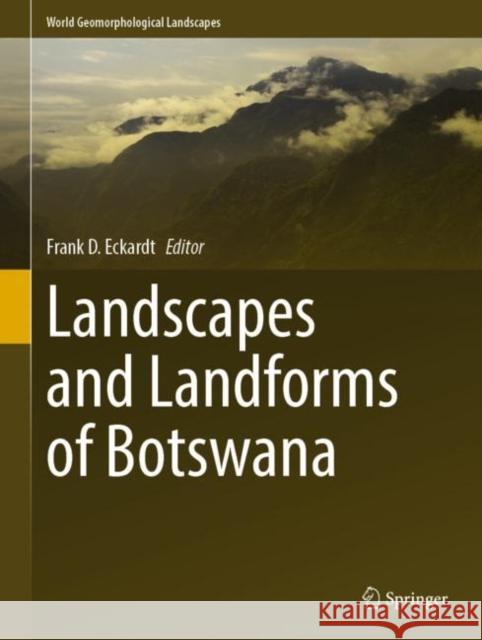Landscapes and Landforms of Botswana » książka
topmenu
Landscapes and Landforms of Botswana
ISBN-13: 9783030861018 / Angielski / Twarda / 2022
Landscapes and Landforms of Botswana
ISBN-13: 9783030861018 / Angielski / Twarda / 2022
cena 602,40
(netto: 573,71 VAT: 5%)
Najniższa cena z 30 dni: 578,30
(netto: 573,71 VAT: 5%)
Najniższa cena z 30 dni: 578,30
Termin realizacji zamówienia:
ok. 22 dni roboczych.
ok. 22 dni roboczych.
Darmowa dostawa!
Kategorie:
Kategorie BISAC:
Wydawca:
Springer
Seria wydawnicza:
Język:
Angielski
ISBN-13:
9783030861018
Rok wydania:
2022
Wydanie:
2022
Numer serii:
000467893
Oprawa:
Twarda
Wolumenów:
01











